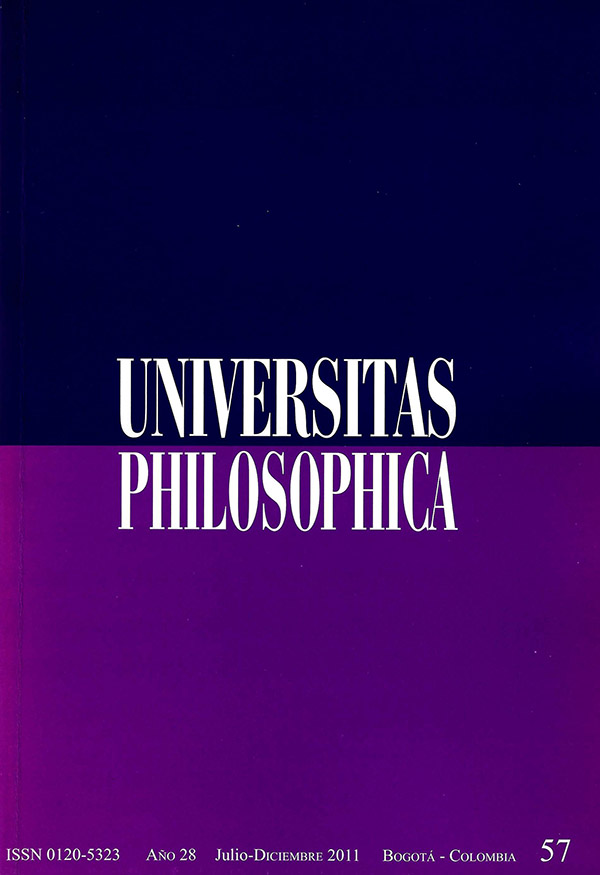Abstract
Is knowledge-how a hidden knowledge-that, and therefore also a relation between an epistemic subject and a proposition? What is the connection between knowledgehow and knowledge-that? I will deal with both questions in the course of my paper. In the first part, I argue that the term ‘knowledge-how’ is an ambiguous term in a semantic pragmatic sense, blending two distinct meanings: ‘knowledgehow’ in the sense of knowledge-that, and ‘knowledge-how’ in the sense of an ability. In the second part of my paper, I construe five alternative ways of correlating knowledge-that and knowledge-how in the sense of an ability. I will argue in favour of one of them. I will show that knowledge-how is not a species of knowledge-that but rather that knowledge-that is a species of knowledge-how. More specifically, dispositional knowledge-how is at the core of propositional knowledgethat and accordingly should be understood to be at the center of epistemology.
This journal is registered under a Creative Commons Attribution 4.0 International Public License. Thus, this work may be reproduced, distributed, and publicly shared in digital format, as long as the names of the authors and Pontificia Universidad Javeriana are acknowledged. Others are allowed to quote, adapt, transform, auto-archive, republish, and create based on this material, for any purpose (even commercial ones), provided the authorship is duly acknowledged, a link to the original work is provided, and it is specified if changes have been made. Pontificia Universidad Javeriana does not hold the rights of published works and the authors are solely responsible for the contents of their works; they keep the moral, intellectual, privacy, and publicity rights.
Approving the intervention of the work (review, copy-editing, translation, layout) and the following outreach, are granted through an use license and not through an assignment of rights. This means the journal and Pontificia Universidad Javeriana cannot be held responsible for any ethical malpractice by the authors. As a consequence of the protection granted by the use license, the journal is not required to publish recantations or modify information already published, unless the errata stems from the editorial management process. Publishing contents in this journal does not generate royalties for contributors.


